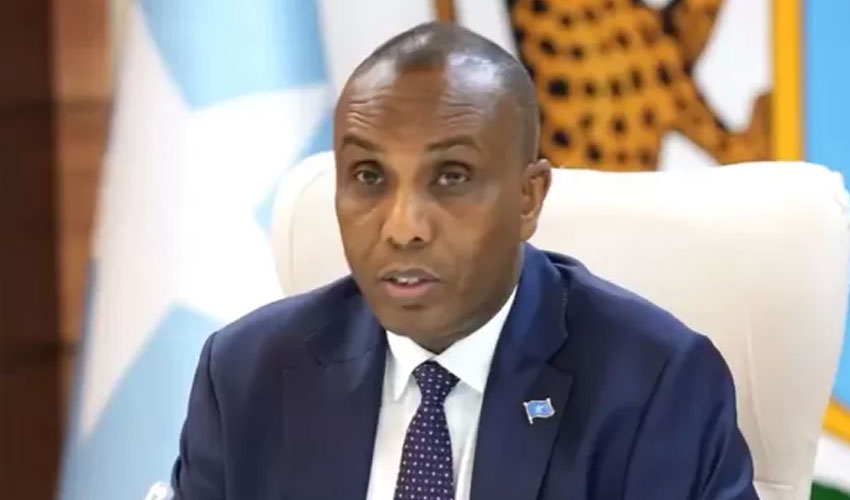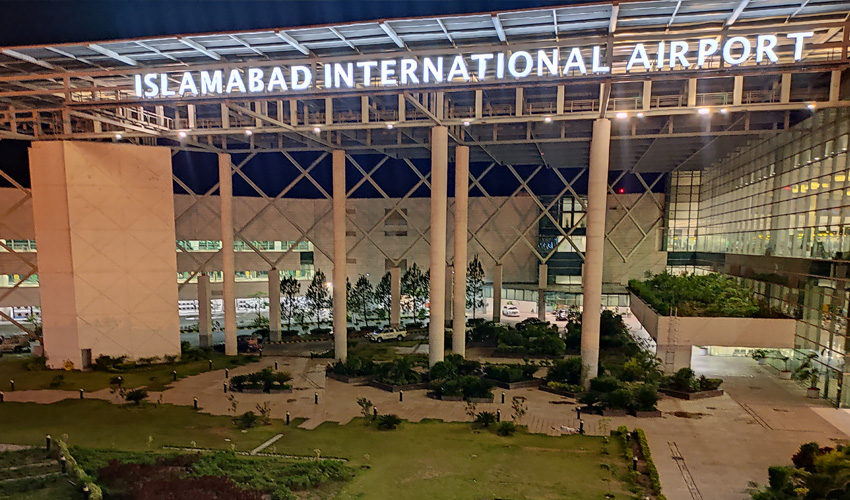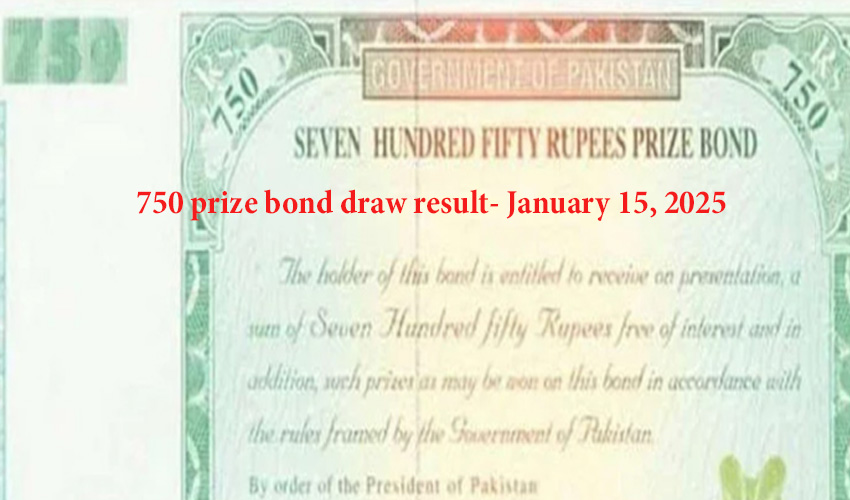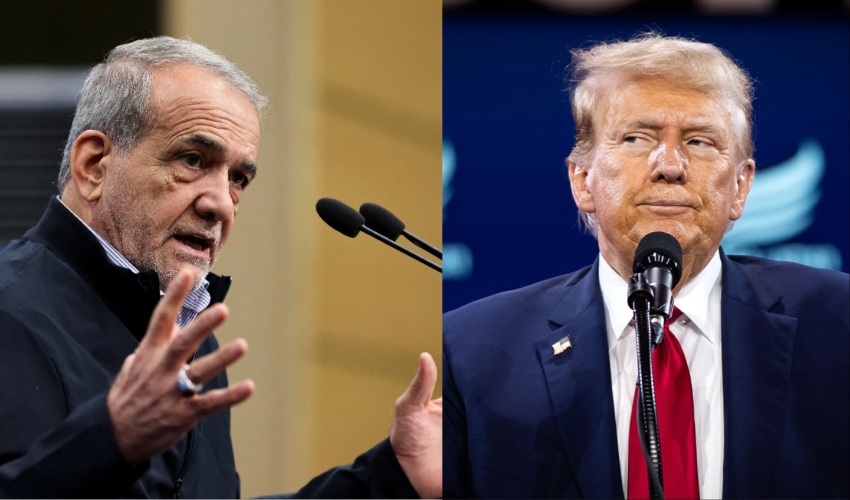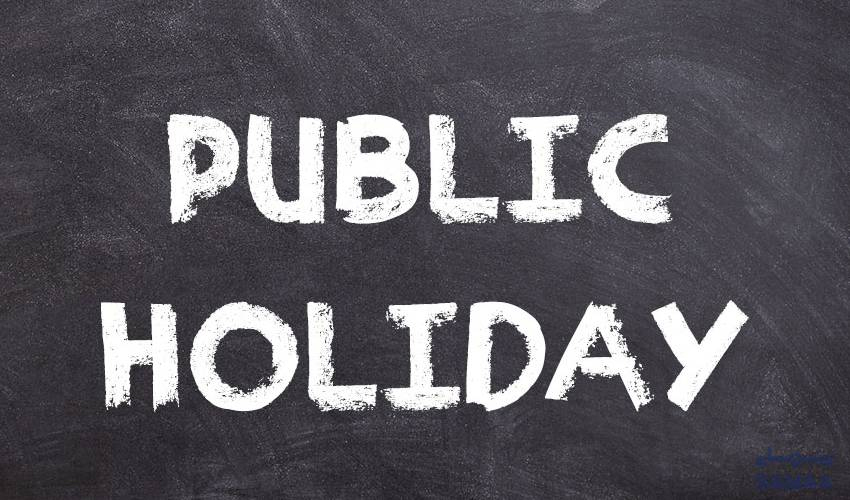The Somali government, expressing strong opposition, pledged to defend its territory following the contentious deal between Ethiopia and the breakaway state of Somaliland, branding it an "aggression."
The government in Mogadishu has recalled its ambassador to Ethiopia and called on the international community to support its stance against what it deems a "blatant assault" on its sovereignty.
The deal, revealed in Addis Ababa, grants Ethiopia access to the Red Sea port of Berbera and a leased military base in exchange for formal recognition of Somaliland.
However, Ethiopia has not confirmed the recognition aspect. The Somali cabinet denounced the memorandum of understanding (MOU) as an attack on its independence, sovereignty, and unity, prompting the recall of its ambassador for consultations.
Prime Minister Hamza Barre assured the nation that Somalia would defend its land through legal means, emphasising a firm stance against any violation.
President Hassan Sheikh Mohamud, addressing an emergency parliamentary session, rejected the deal as a violation of international laws but expressed no animosity towards the people of Somaliland.
He cautioned that the agreement could potentially revive the Islamist militant group Al-Shabaab.
The deal raises historical tensions between the two neighbours, with Somalia seeking urgent UN Security Council and African Union meetings to address what it perceives as "Ethiopia's aggression and interference."
The development comes amid concerns about Ethiopia asserting its right to access the Red Sea, impacting regional dynamics and maritime trade routes.





